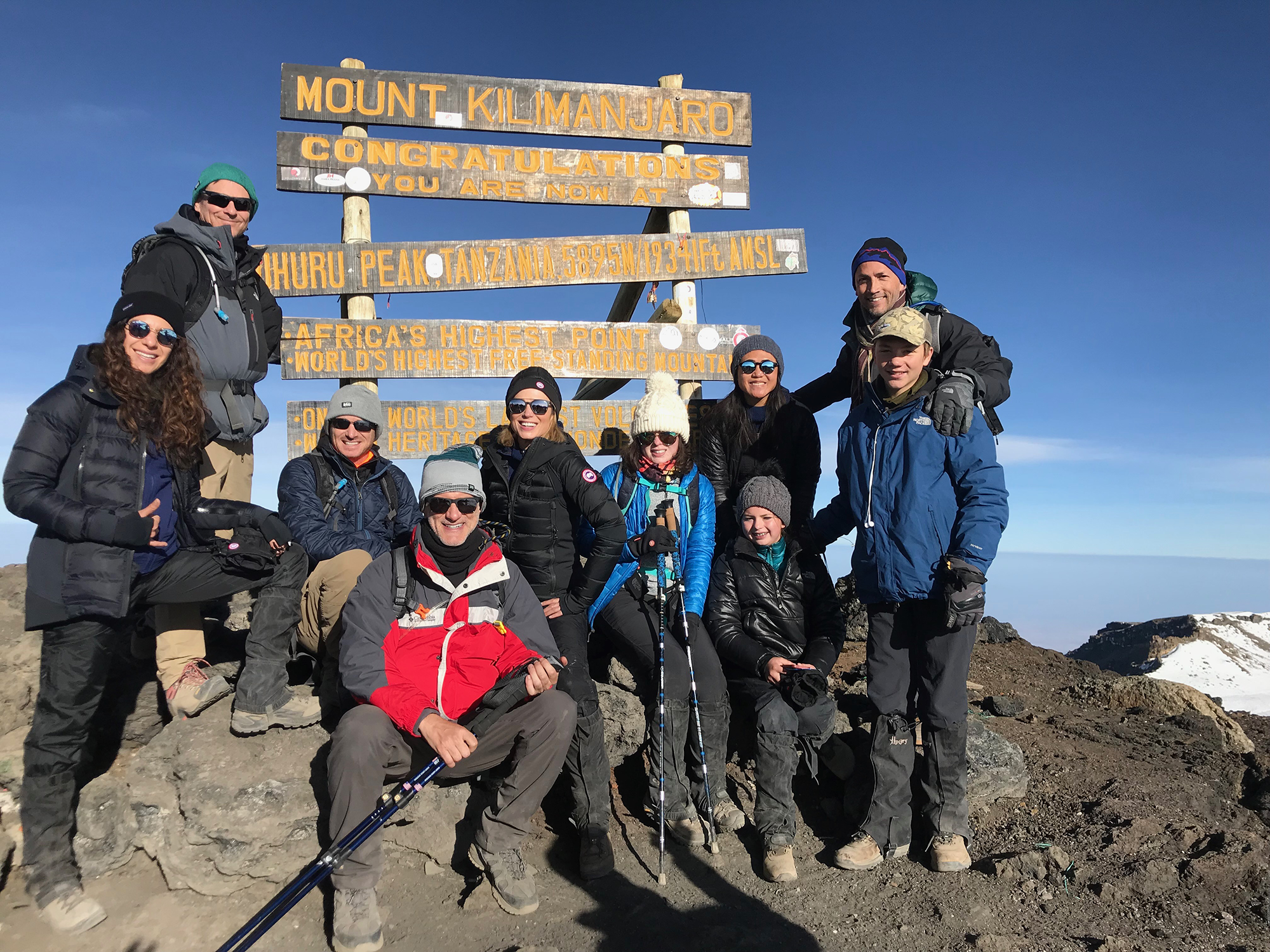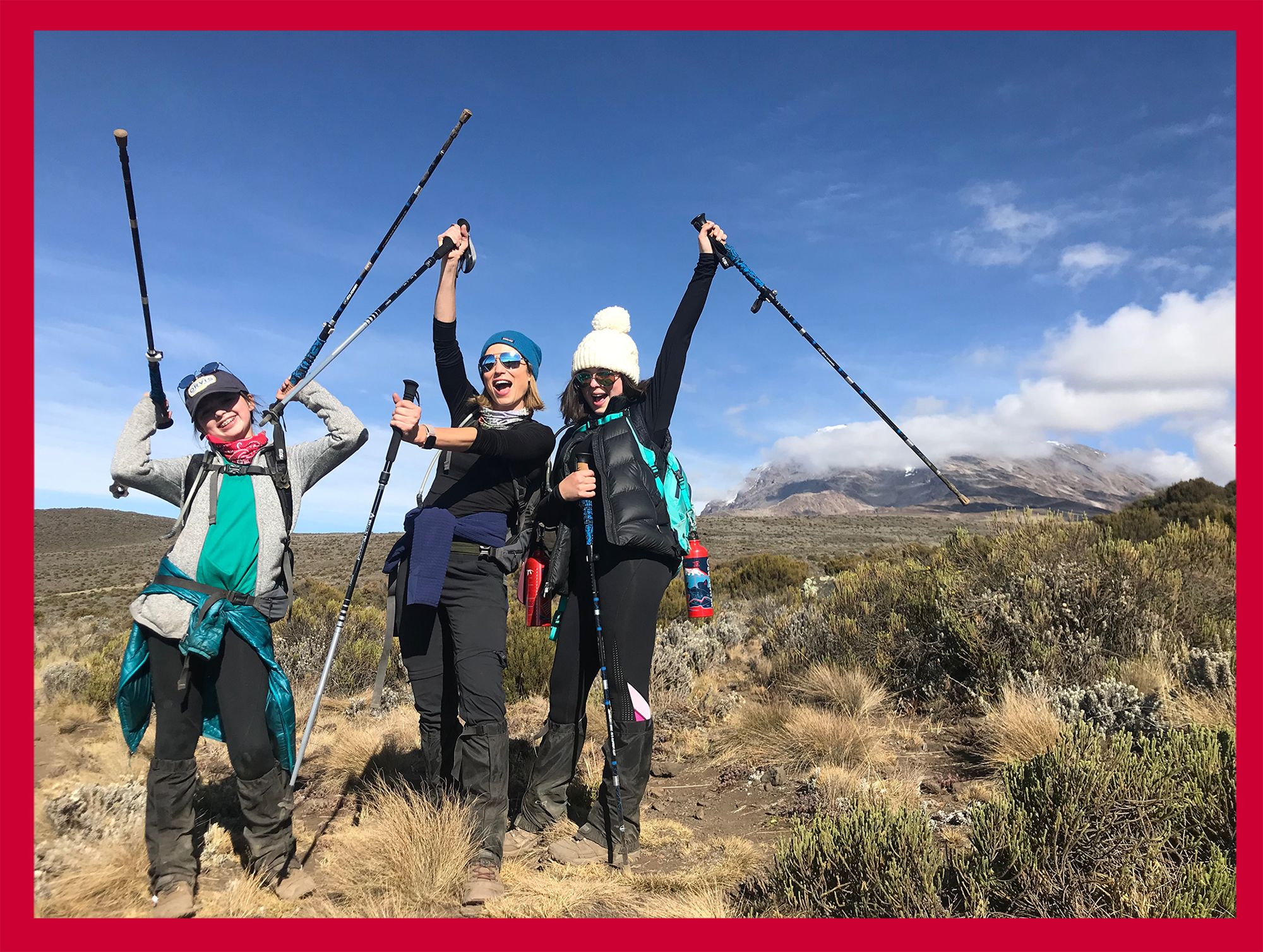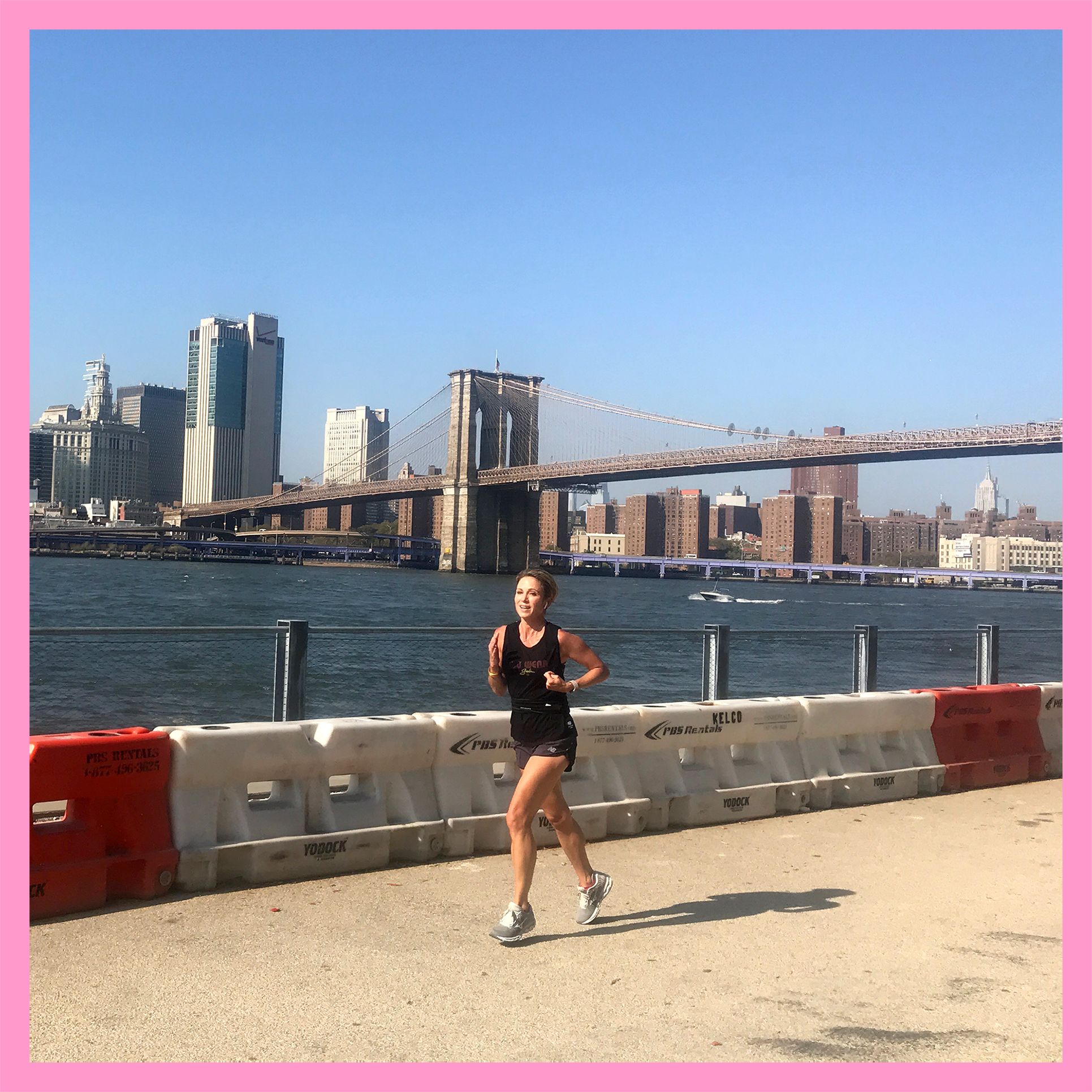The first question I asked my oncologist after learning I had cancer in 2013 was “Can I still cover the Olympics in Sochi?” I didn’t want cancer to take anything away from me, so we figured out a schedule to accommodate my trip and ramped up my treatments when I got back.
To briefly rewind, I was diagnosed with stage 2 invasive breast cancer at the age of 40, following a live mammogram on Good Morning America. I discovered I had two malignant tumors in my right breast and the cancer had already spread to my lymph nodes. I underwent a double mastectomy and eight rounds of
all-consuming and exhausting chemotherapy.
On the one-year anniversary of my diagnosis, I felt overwhelmed with the significance of it all, so I decided to go out and celebrate with friends to “take back” the day. After that, I made a point to be more strategic about honoring it. (If I learned one thing from cancer, it’s that tomorrow is not guaranteed; do what you’ve always wanted to do, however small the initial steps might be.)

For my second cancerversary, I ran the first leg of the ABC News team’s relay at the NYC Marathon. Those four miles kicked my butt but got me into my fight mode again. The next year, I went on a five-mile hike in the Hudson Valley.
On the fifth, I climbed Mount Kilimanjaro. Standing on top of the 19,327-foot peak, surrounded by my husband, kids, dad, brother, uncle, and friends, I felt
elation and knew in that moment this was the beginning of a new way of living. Soon I set my sights on a goal for the six-year milestone: a full marathon. And when I crossed the finish at the 2019 NYC Marathon, I was grateful that my body, which I’d once felt had betrayed me, was stronger than I thought possible.

“I felt elation and knew in that moment this was the beginning of a new way of living.”
I had already signed up for my next adventure—the Berlin Marathon, with a new goal for a faster finish, a sub-four-hour time—when the pandemic happened. Instead of skipping my 2020 celebration, my husband and I did our own virtual 26.2-mile race. We each took half, and I beat my best time and, even better, ran alongside five of our best friends. It wasn’t my original vision, but it helped me look to the future and maintain control over what this “holiday” means to me.
My fingers are still crossed for Berlin 2021, but if that doesn’t happen, I’ll run a virtual one. Rain or shine, these days I’m training by running 15 to 20 miles a week with my best friend. Every night, we make a date: where, when, and how long we’ll run. So far, neither of us has canceled.

Now, nearly eight years after my diagnosis, I’ve learned to live my best life, not just punt it forward. I wake up each day and say, “How can I enjoy this, even with curveballs?” Whether dealing with a recent pivot or the standard ups and downs, it’s all about believing in your power to overcome anything, with a lot of gratitude and a little grit.
Amy Robach is the coanchor of GMA3: What You Need to Know and 20/20 on ABC. She’s a breast-cancer survivor and a women’s health advocate. Follow her ongoing goal-getting adventures at @ajrobach on Instagram.
—As told to Amy Wilkinson
Source: Read Full Article
